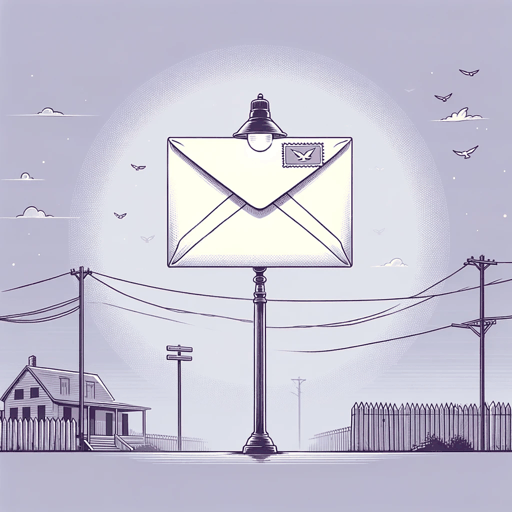53 pages • 1 hour read
Alice WalkerThe Color Purple
Fiction | Novel | Adult | Published in 1982A modern alternative to SparkNotes and CliffsNotes, SuperSummary offers high-quality Study Guides with detailed chapter summaries and analysis of major themes, characters, and more.
Important Quotes
“You bet never tell nobody but God. It’d kill your mammy.”
(Page 1)
Celie takes this injunction from Alphonso literally. Her acceptance of his demand shows that as a child and a girl, she sees men and patriarchal figures as absolute authorities who are not to be questioned. Celie’s decision to write to God rather than to speak in prayer also shows the depth of her shame and trauma over her sexual violation as well as the importance of her writing as a means of documenting her life. However, God never responds to Celie, an indication of how remote a figure God is for Celie as a girl. Celie’s faith in this moment is one that provides little help to her, in other words.
“Shug Avery was a woman. The most beautiful woman I ever saw. She more pretty then my mama. She bout ten thousand times more prettier then me. I see her there in furs. Her face rouge. Her hair like somethin tail. She grinning with her foot up on somebody motocar. Her eyes serious tho. Sad some. I ast her to give me the picture. An all night long I stare at it. An now when I dream, I dream of Shug Avery. She be dress to kill, whirling and laughing.”
(Page 6)
Celie describes her reaction to a photo of Shug that her stepmother secures after she hears about Albert’s infatuation with Shug. Celie is quite young when she sees this photo, so the idea of a woman different from the upright Christian women to which she is accustomed has a noticeable impact on her understanding of gender norms. Although Celie conforms to gender norms as closely as she can, she has an early sense that these norms can be violated. Many of the women Celie knows are sober and deeply oppressed, so one of the significant impacts of having a figure like Shug as a contrast is that Celie sees that there is a form of femininity that centers joy and self-adornment.
Related Titles
By Alice Walker

By the Light of My Father's Smile
Alice Walker
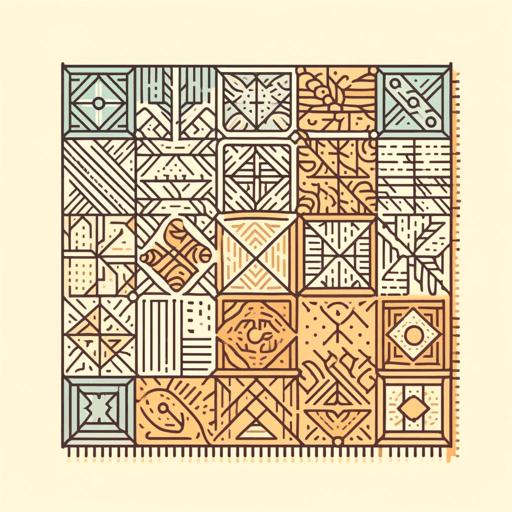
Everyday Use
Alice Walker

In Search of Our Mothers' Gardens
Alice Walker

Meridian
Alice Walker

Possessing the Secret of Joy
Alice Walker
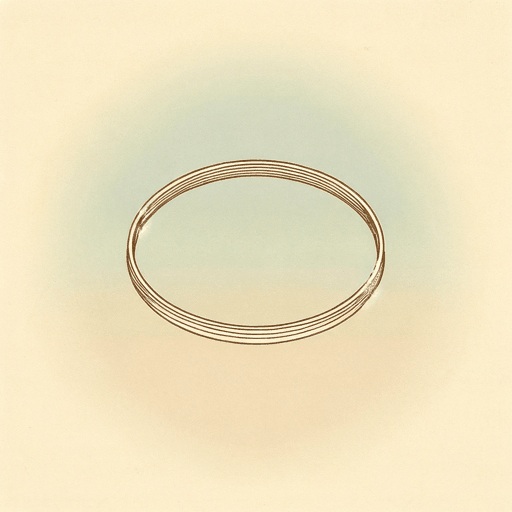
Roselily
Alice Walker

Strong Horse Tea
Alice Walker
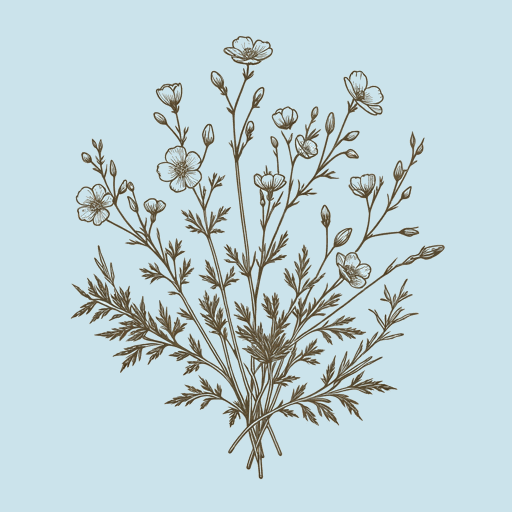
The Flowers
Alice Walker
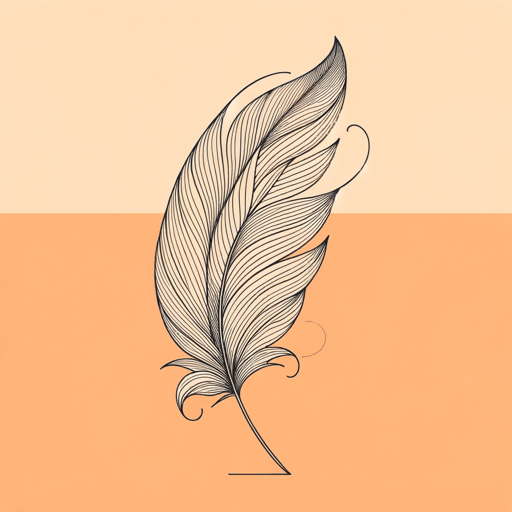
The Temple of My Familiar
Alice Walker

The Third Life of Grange Copeland
Alice Walker

The Way Forward is with a Broken Heart
Alice Walker

To Hell with Dying
Alice Walker
.webp&w=3840&q=75)
Women
Alice Walker
Featured Collections
African American Literature
View Collection
American Literature
View Collection
Banned Books Week
View Collection
Black History Month Reads
View Collection
Books Made into Movies
View Collection
Books that Feature the Theme of...
View Collection
Colonialism & Postcolonialism
View Collection
Pulitzer Prize Fiction Awardees &...
View Collection
School Book List Titles
View Collection
SuperSummary New Releases
View Collection
